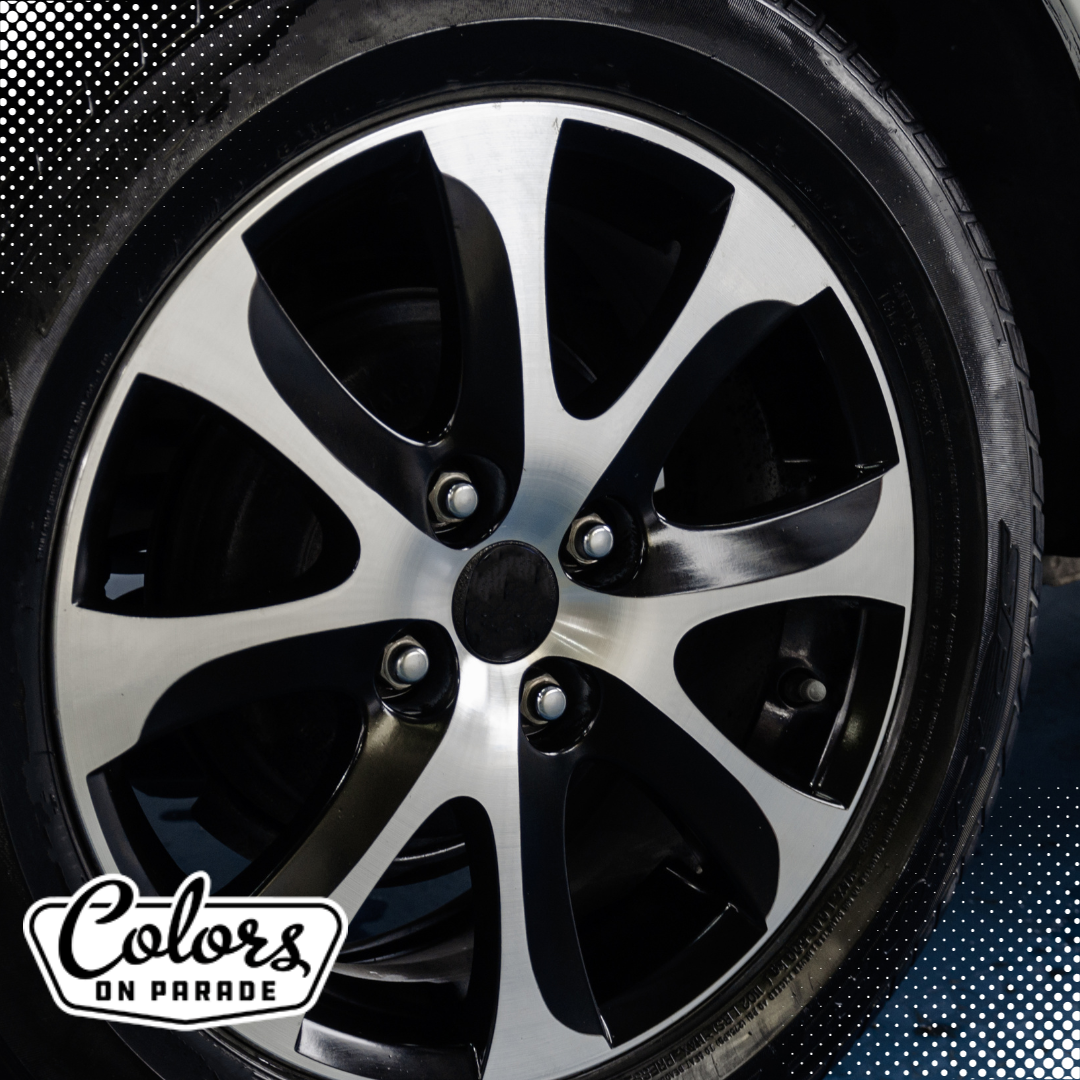If you are a car owner with alloy wheels, you may have noticed that they tend to be more sensitive than traditional steel wheels. Alloy wheels are lightweight, stylish and durable, but they are also prone to damage. The good news is that you do not have to replace them if they get damaged. Here, we will discuss the top causes of alloy wheel damage and why it is essential to repair them.
Causes of Alloy Wheel Damage
Here are the top causes of damage to alloy wheels.
1. Curb Scrapes
One of the most common causes of alloy wheel damage is curb scrapes. This occurs when you scrape your wheels against a curb or a high curbstone while parking or driving. Curb scrapes can cause scratches, scuffs and even deep cuts on your wheels.
2. Potholes and Road Debris
Another major cause of alloy wheel damage is potholes and road debris. Rough roads, debris and potholes can cause your tires to hit hard objects, which can crack or bend your wheels.
3. Chemical Damage
Alloy wheels are also prone to chemical damage, which can be caused by deicer chemicals and abrasive wheel cleaners. These chemicals can corrode the wheels and cause irreparable damage.
4. Brake Dust Corrosion
Brake dust corrosion is another form of chemical damage that can occur on your alloy wheels. This type of damage is caused by the accumulation of brake dust on your wheels, which can corrode the surface of the wheel.
5. Driving on a Low or Flat Tire
Driving on a low or flat tire can also damage your alloy wheels. This occurs because the tire’s lack of air pressure causes the tire to rub against the wheel, resulting in scratches, cuts and other forms of wheel damage.
Consequences of Damage to Your Alloy Wheels
Here are just a few of the consequences you can expect from damaged alloy wheels, depending on the nature of the damage.
1. Reduced Fuel Economy
Damaged alloy wheels can cause your car’s fuel economy to decrease. This happens because the wheels are no longer aerodynamic, causing more drag and resistance.
2. Uneven Tire Wear
Additionally, not repairing your alloy wheel damage can lead to uneven tire wear. When your wheels are damaged, they can cause your tires to wear unevenly, which can cause dangerous driving conditions.
3. Steering Wheel Vibration
Another consequence of not repairing your alloy wheel damage is steering wheel vibration. This occurs when your wheels are unbalanced and can cause significant discomfort and even pain while driving.
4. Worsening of Cracks or Damage
If you fail to repair your damaged alloy wheels, the cracks or damage will begin to worsen over time. This can lead to the need for an expensive wheel replacement.
5. Car Pulling to One Side
Lastly, not repairing your damaged alloy wheels can lead to your car pulling to one side while driving. This happens because the wheels are no longer in alignment.
There are various causes of alloy wheel damage and the consequence of not repairing that damage can really take a toll. Fortunately, Colors On Parade offers alloy wheel repairs that can prevent further damage and make your wheels look like new again. Contact Colors On Parade at 1.800.7.COLORS to find a location offering alloy wheel repair services near you. Don’t wait until the damage gets worse – take care of your alloy wheels today.



